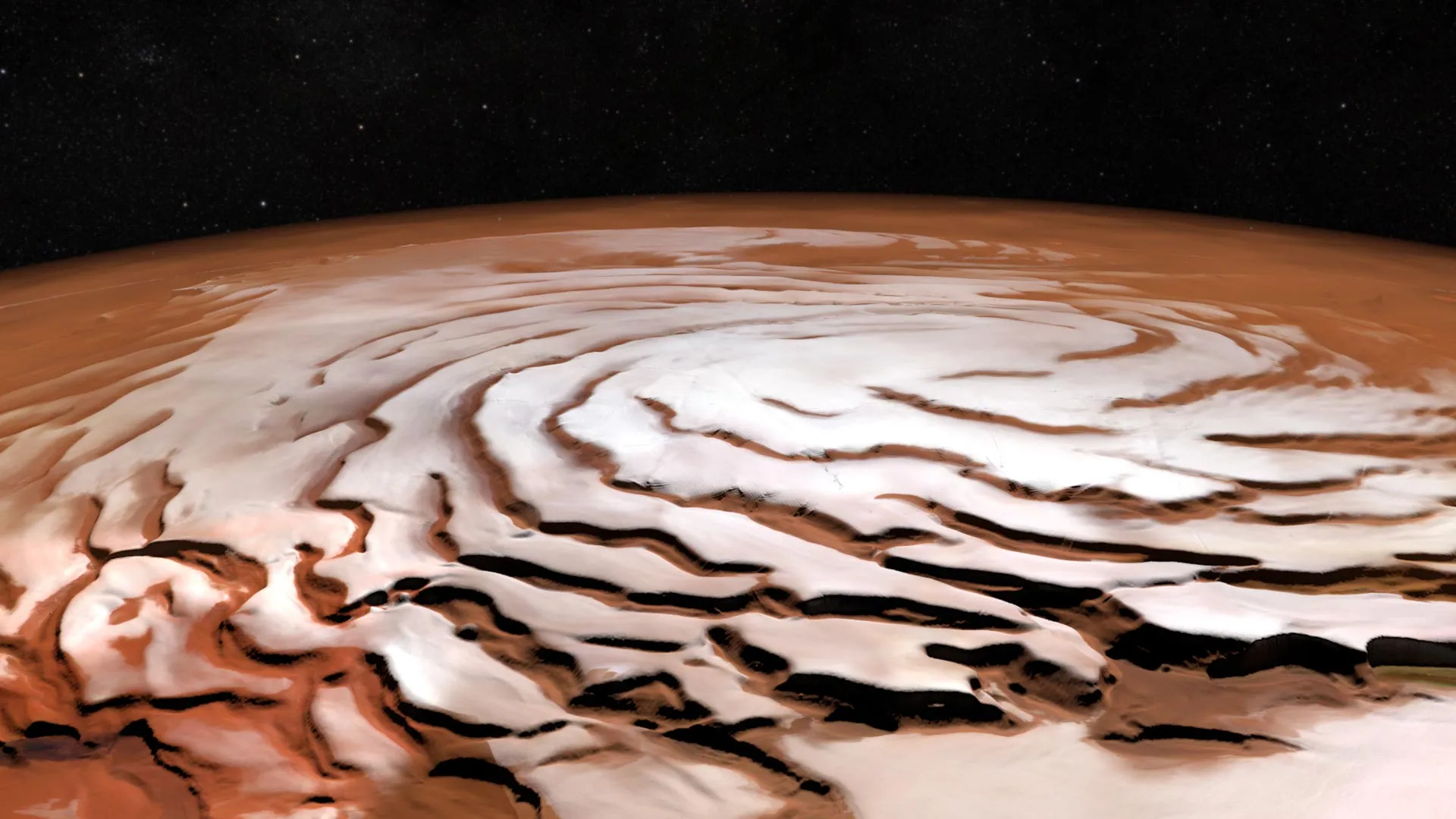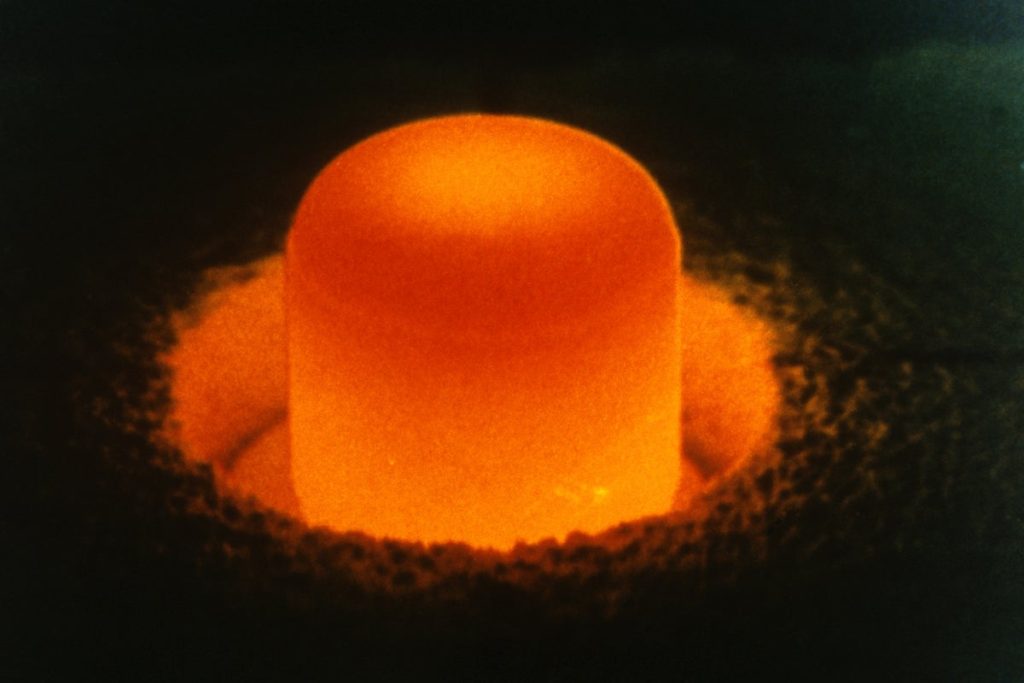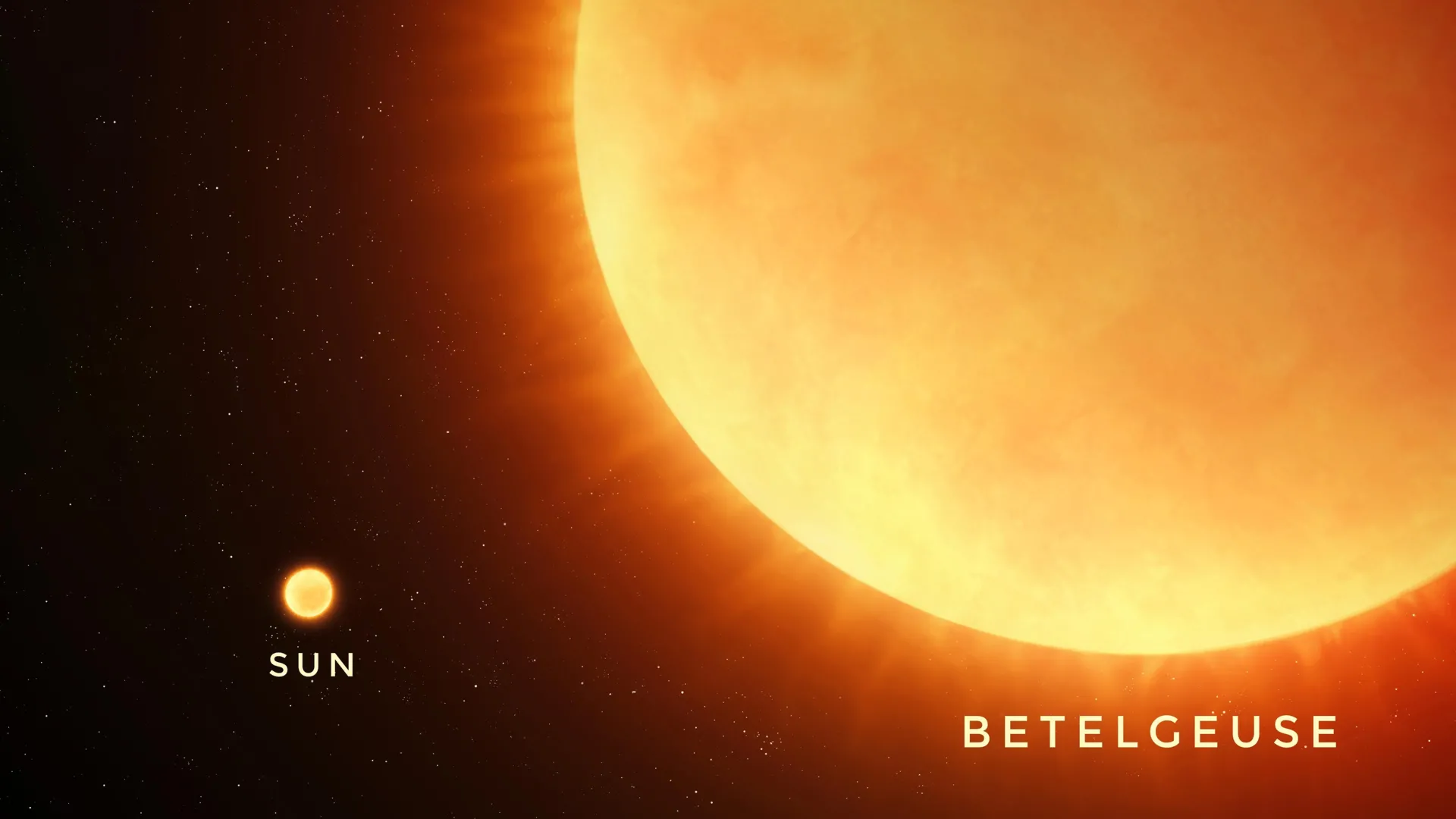Now Reading: Twice Daily, Mars May Briefly Host Life-Supporting Water
-
01
Twice Daily, Mars May Briefly Host Life-Supporting Water
Twice Daily, Mars May Briefly Host Life-Supporting Water

Swift Summary:
- Liquid water is considered crucial for habitability but thought to be nearly impossible to exist on Mars due to extreme temperatures and dryness.
- Brines, highly salty liquids that freeze at lower temperatures, may be a viable candidate for transient liquid water on Mars.
- Vincent Chevrier, a researcher at the University of Arkansas, recently published findings in Nature Communications Earth and Habitat suggesting brines can form briefly during late winter and early spring from melting frost.
- Data used includes meteorological observations from Viking 2 (1976) combined with computer modeling. Viking 2 uniquely observed frost formation on Mars’ surface.
- brines are most likely composed of calcium perchlorates due to their ability to remain liquid at minus 75°C. Brief ideal conditions for brine formation occur twice daily (early morning and late afternoon) for one martian month – roughly equivalent to two Earth months.
- Findings suggest these brines woudl form in small amounts within thin frost layers under specific seasonal periods; however, they are not sufficient to support human life directly but might have implications for life adapted to harsh conditions.
- Researchers propose robotic landers equipped with moisture sensors could further investigate these optimal windows for transient water activity critical in astrobiology research.
Indian Opinion Analysis:
The revelation that liquid brines could form periodically on Mars represents a meaningful step forward in understanding extraterrestrial environments and their potential habitability. While Chevrier’s findings do not guarantee abundant or viable resources of water conducive for human colonization or large-scale use, they offer insights into how life-especially microbial-might survive under extreme conditions like those observed on the Red Planet. For India’s growing space exploration ambitions through missions like Mangalyaan (Mars Orbiter Mission), such studies emphasize the value of interdisciplinary approaches integrating planetary science with astrobiology.
India’s space program stands well-positioned should scientists prioritize inquiry into seasonal cycles or deploy landers optimized for detecting minute traces of water activity-as suggested by Chevrier’s paper. With ongoing advancements focusing on cost-effective yet scientifically significant missions, collaborations around similar research could augment India’s niche leadership in exploring outer planets within budget constraints while contributing meaningfully toward global astrobiological goals.


























